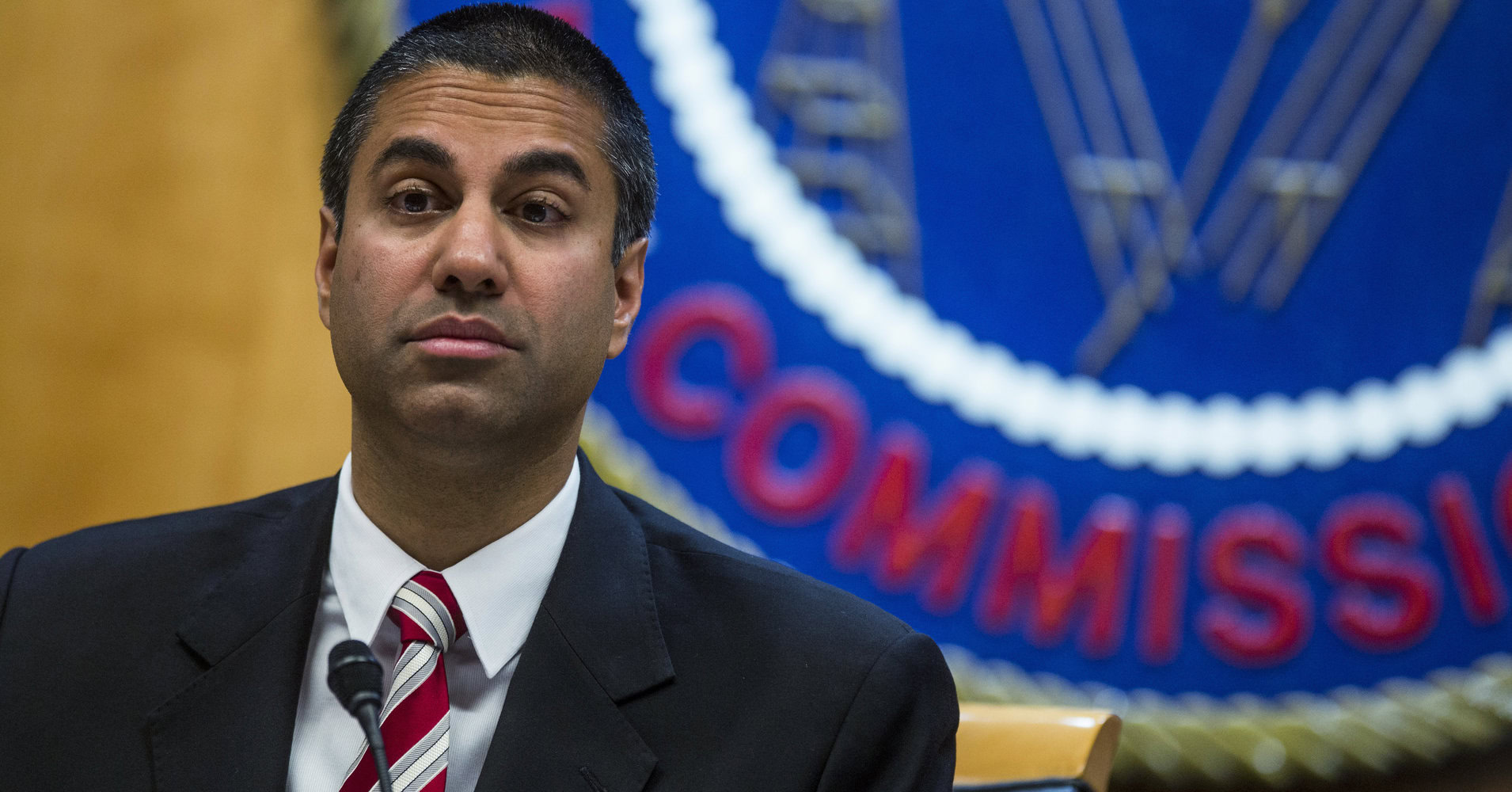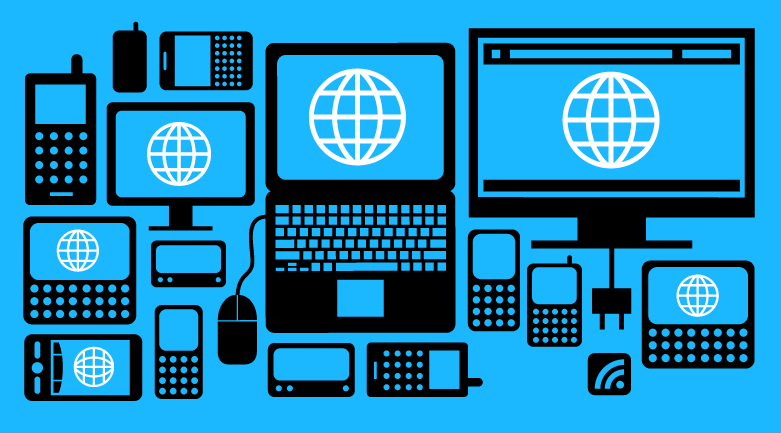Affiliate links on Android Authority may earn us a commission. Learn more.
FCC officially repeals net neutrality rules: what now?
Published onDecember 17, 2017

Net neutrality is officially dead, but what does that mean for Internet users in the US and beyond? Will it ever come back? Read on to find out.

Brief background
Unless you’ve been living under a rock for the past few months, you’ve probably heard a thing or two about net neutrality, an ongoing debate in the US. Net neutrality required service providers to treat every content equally: no throttling, blocking, or providing preferential treatment for additional fee. These rules were one of the Obama-era FCC’s signature achievements, but with Ajit Pai in charge, a former Verizon employee, and two other Republicans, the organization’s stance on net neutrality has changed drastically. The FCC wanted to get rid of net neutrality altogether and undo the classification of ISPs as Title II common carriers, and that’s precisely what they voted to do on December 14.
December 14 vote
As expected, the FCC voted 3-2 to repeal these landmark regulations just few days ago, the organization claiming that “the Internet wasn’t broken in 2015.” Pai commented, “We were not living in some digital dystopia. The main problem consumers have with the Internet is not and has never been that their Internet provider is blocking content. It’s been that they don’t have access at all.”
The two Democrat commissioners who dissented echoed the sentiments of net neutrality advocates: Jessica Rosenworcel says that the FCC’s “rash decision” gives Internet providers permission to “discriminate and manipulate your internet traffic.” Mignon Clyburn delivered a powerful and impassioned defense, claiming that the FCC’s vote was “particularly damning… for marginalized groups, like communities of color, that rely on platforms like the internet to communicate.”
Legal challenges?
Let’s first examine the legal implications, and the bottom line is that there will be lawsuits with a lot of interveners, challenging the FCC’s vote. Public interest groups like Free Press and Public Knowledge have already declared that they will challenge the repeal in court; the New York Attorney General Eric Schneiderman said he and other attorneys general from more than 15 states will file a legal challenge in the coming days.
These legal claims are likely to rely on the Administrative Procedures Act, which prohibits federal agencies from acting in a “capricious” manner, going back and forth on decisions with changes in political administration. However, as Wired points out, “As capricious as the current FCC’s about-face may seem, legal experts say the challenges won’t be a slam-dunk case. Federal agencies are allowed to change their minds about previous regulations, so long as they adequately explain their reasoning.” The onus is on the claimants to show that the FCC’s decision is a capricious one, which is going to be difficult to prove.
It's going to be difficult to prove that the repeal was a capricious decision.
Net neutrality advocates may also point out that while the FCC claims that 7.5 million comments it received during the public review period were spam, created by bots, it is refusing to help investigations into what happened. It’s unlikely to have much weight, unfortunately.
Will average users feel the change?
Yes and no. It’s unlikely that Internet users in the US will be impacted – either positively or negatively – by the repeal overnight. As AT&T’s senior executive VP Bob Quinn points out, the Internet will “continue to work tomorrow just as it always has.” In fact, many service providers like AT&T, Comcast, and Verizon have promised not to block or throttle content. For now. The catch here is that their stance may change in the future, and even if it doesn’t and they continue to stay away from blocking or throttling content, they may still create fast lanes for their own services or for those who pay a premium.
Indeed, what we are likely to see in the future is an expanded form of zero-rating where service providers exempt certain streaming services from data counts. Carriers have been doing this even under net neutrality rules were (though the legal validity of this practice was called into question multiple times); without net neutrality rules, there is nothing even remotely getting in the way of these carriers from providing preferential treatment to its own streaming services.
Further, contrary to Pai’s statement that the Internet wasn’t broken even before 2015, and contrary to his supporters who claim that carriers won’t dare throttle or block content in fear of public backlash, the long-term effects of the FCC’s vote could be devastating. Comcast throttling BitTorrent connections, AT&T blocking voice-call services like Skype and FaceTime, or Netflix paying additional fees to Verizon are the sorts of behavior that we saw prior to net neutrality rules and there’s no reason why they wouldn’t return now that net neutrality rules have been repealed.
Comcast throttling BitTorrent or AT&T blocking FaceTime are the sorts of behavior that we saw prior to net neutrality rules.
Ultimately, the FCC’s decision gives significant leeway to ISPs: they may one day decide to block certain apps and websites, slow down content provided by competitors, bury relevant but unpaid search results, etc. Consumers in the US may end up having to choose Internet packages like TV channels, similar to what we see in some European countries. The most popular websites like Google, Amazon, and Netflix may one day be dispersed and inconveniently grouped into separate, overpriced packages. Want Google as well as Netflix? Pay up!
What about those outside the US?
Of course, given that the FCC is a US organization, its decision to repeal net neutrality rules won’t have a direct impact on other countries and users in other countries. However, if your country does have legislation similar to net neutrality rules, you might want to keep an eye on the political side of things. Policy decisions made in the US usually have a far-reaching indirect effect on neighboring countries, Anglophone countries, and countries that have special ties with the US.
Even if your country has made it clear that it wants to uphold net neutrality rules or the equivalent legislation, there may be financial factors to consider. If companies like Netflix or Spotify are adversely affected by the FCC’s decision in the US and are forced to pay more by ISPs, they will most likely increase monthly subscription fees for users in the US as well as for users outside the US.
What can you do?
Unfortunately, for those of you who are in support of net neutrality rules, there isn’t much to be done right now. Over the next few months, we will see legal battles between public interest groups and attorneys general and the FCC; we will see heated political debates; we will see predictions from both sides – those who are in favor and those who are not. Only time will tell if net neutrality rules were indeed preventing the arrival of cyber-dystopia or if they were simply an obstacle to corporate profit and further investment.